We Are A Leading UK Commercial Energy, And Sustainability Consultancy
Commercial Energy Procurement Made Simple
We simplify energy procurement by securing the best contract for your business at the right time, supported by expert advice and market access.
20+
Years Of Trade In Energy & Sustainability
No Fee
For A Commercial Energy Audit With Our Specialists
1:1
1-to-1 Support Throughout Your Journey
Let Us Contact You:

Featured Energy Consultancy


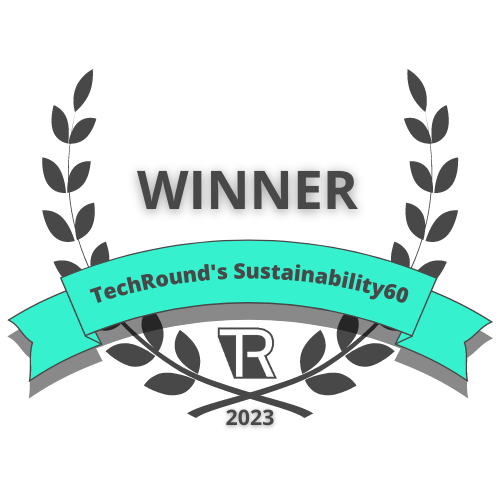

















What Is Commercial Energy Procurement?
At Advantage Utilities, commercial energy procurement means sourcing the right gas and electricity contracts for your business, whether fixed or flexible. But it’s more than price. It’s about protecting your budget, improving visibility, and supporting your sustainability goals.
Key elements include:
- Market reviews to determine best value and time to go to tender
- Negotiating prices and terms with 25+ suppliers
- Managing contract lifecycle and site changes
- Building a long-term energy procurement strategy
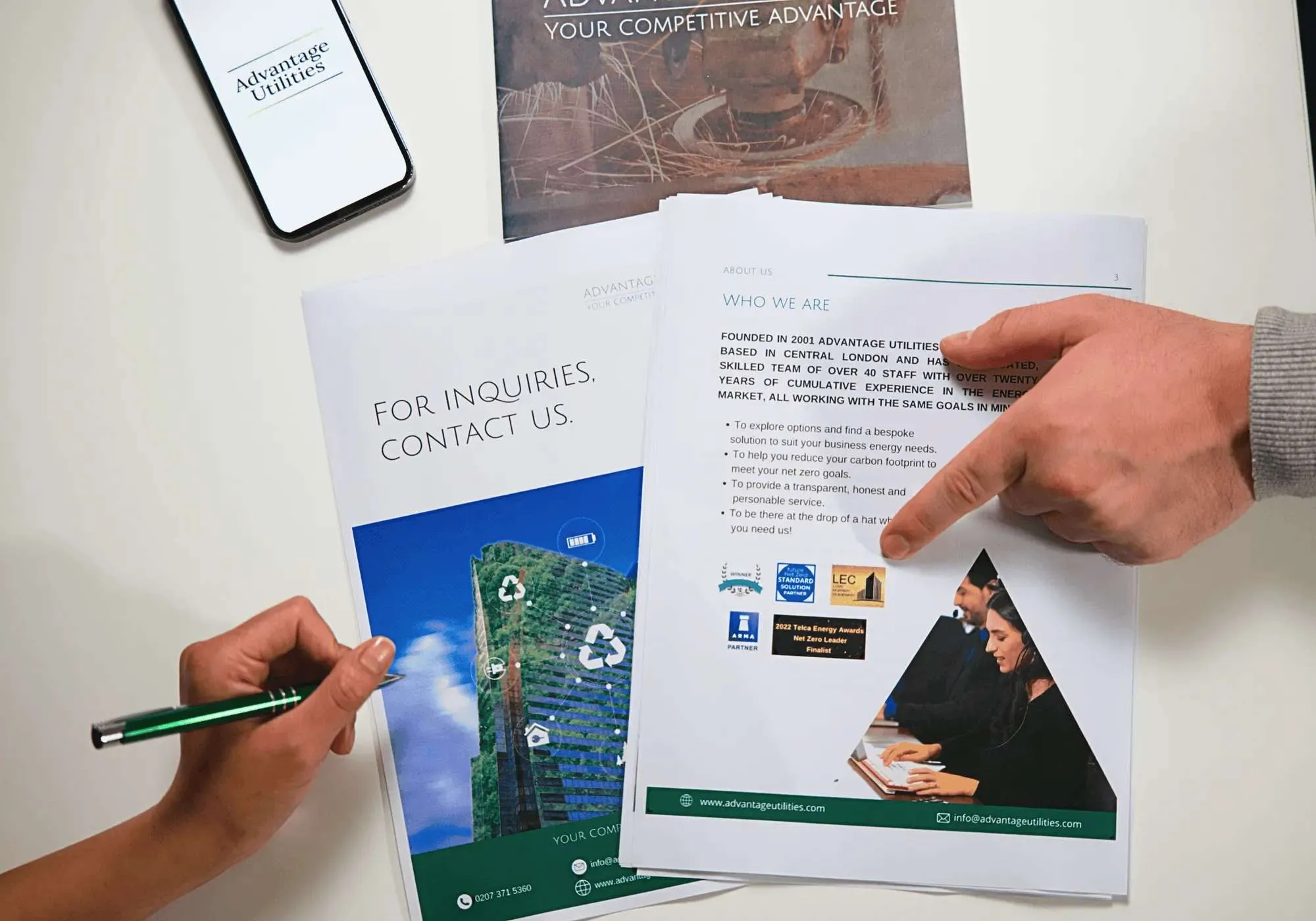
Why Commercial Energy Procurement Matters
Poor procurement can be costly. Without expert help, businesses risk:
Benefits include:
- Locking into bad prices or poor contract terms
- Missing ideal buying windows
- Failing to factor in energy risk or market trends
With a tailored strategy, you gain:
- Protection from price volatility
- Clear cost forecasting and budget planning
- Sustainability integration and Net Zero support
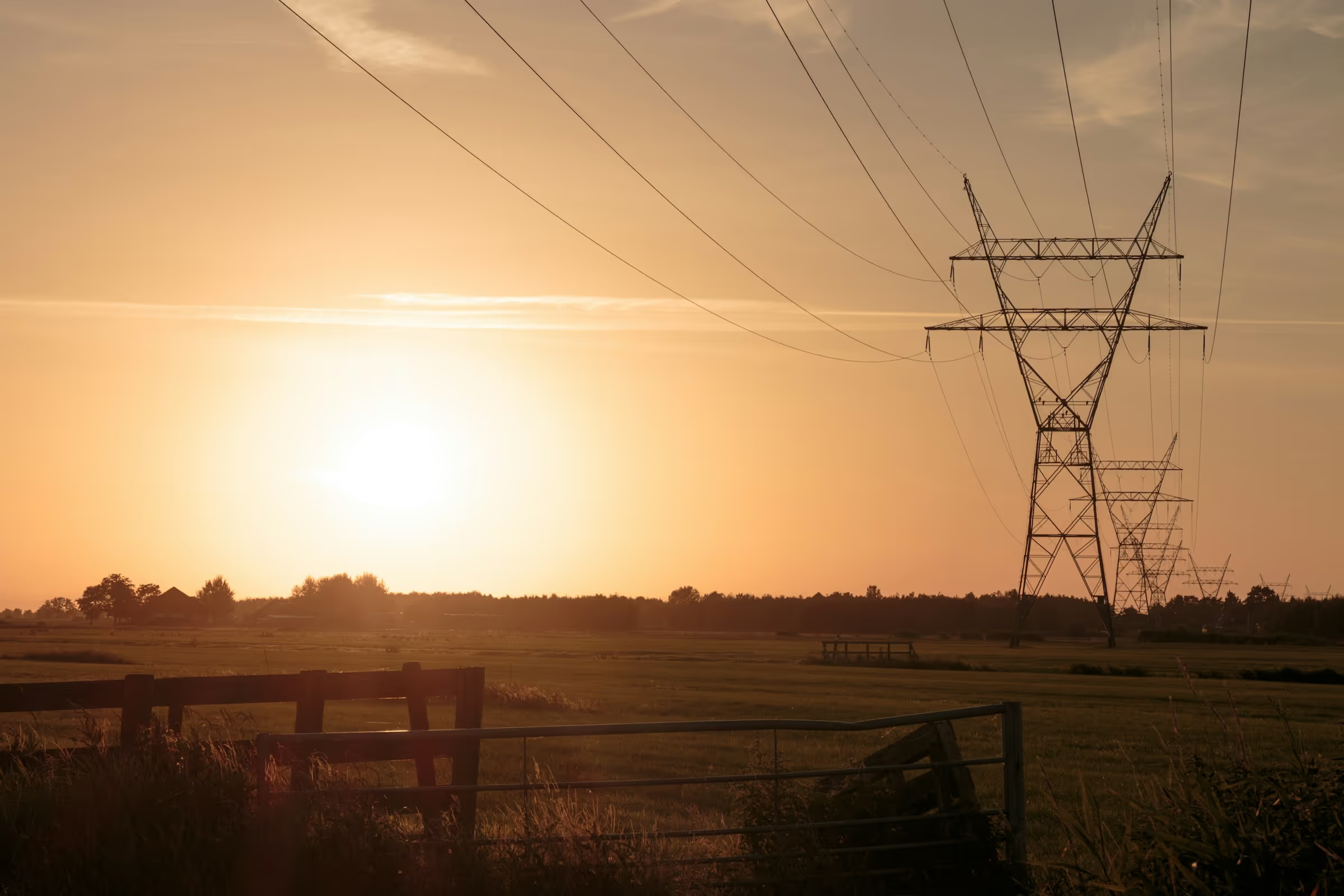
Advantage Utilities
£100m +
22,000+
21%
1:1
Types of Energy Procurement Strategies
1. Fixed-Rate Procurement
A fixed-rate plan locks in a consistent price for a set period, protecting businesses from market fluctuations.
Best for: Companies prioritising budget stability.
2. Index or Variable Pricing
Prices fluctuate with market conditions, offering potential savings during low-price periods.
Best for: Businesses with flexible budgets and higher risk tolerance.
3. Block and Index Strategy
A hybrid model combining fixed and variable rates for balanced risk management.
Best for: Medium to large businesses seeking flexibility and control.
4. Renewable Energy Procurement
Investing in green energy sources such as solar or wind supports sustainability and can deliver long-term savings.
Best for: Companies with ESG objectives or sustainability mandates.

How the Energy Procurement Process Works
- Usage Analysis: Evaluate your energy consumption patterns and peak demands.
- Market Research: Analyse pricing trends, supplier reputations, and regulatory factors.
- Supplier Negotiation: Secure the best terms, including contract length, price structure, and flexibility.
- Contract Management: Monitor performance and adjust strategies as needed.
- Ongoing Optimisation: Continuously review and adapt to changing business or market conditions.
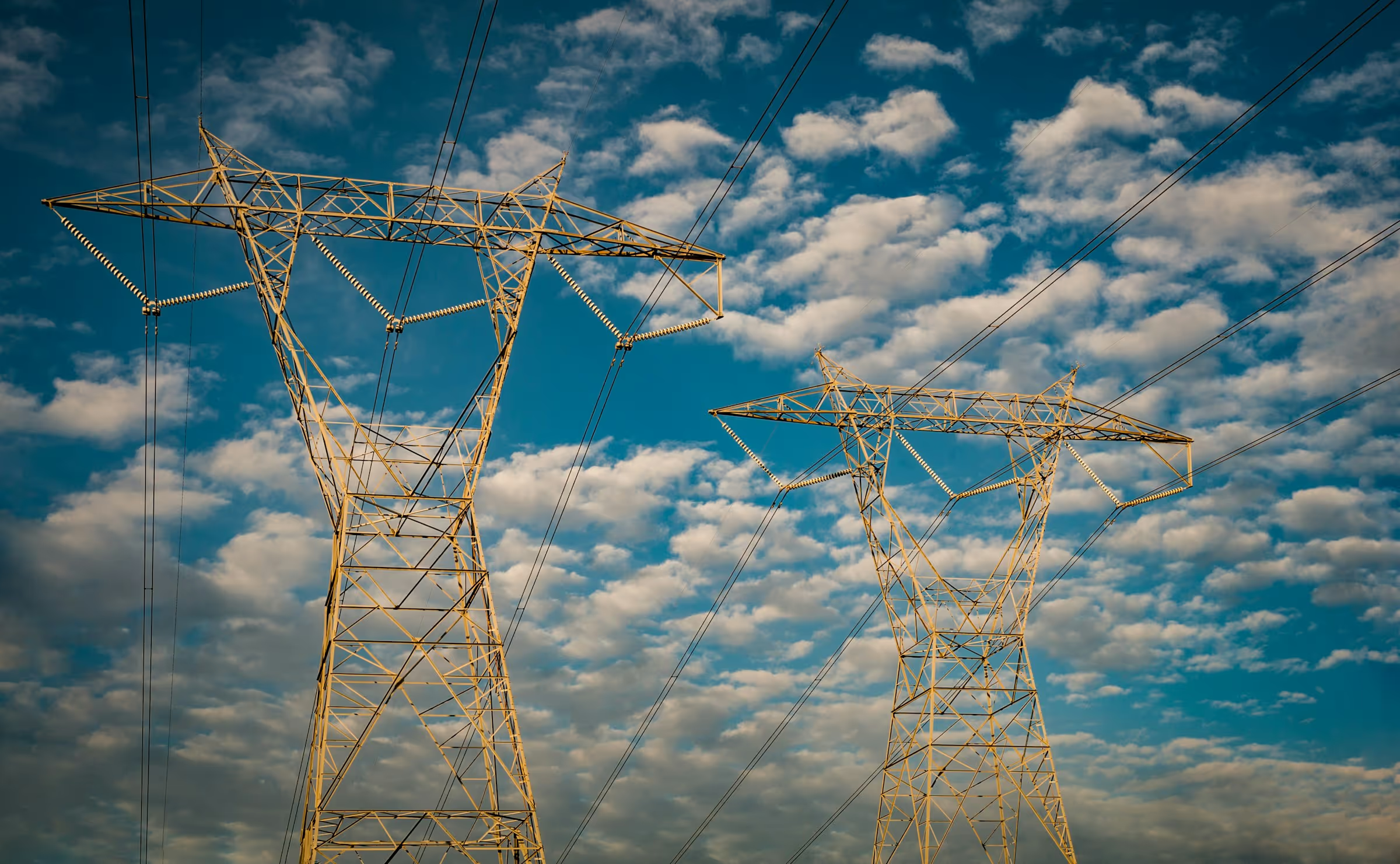
Proven Strategies to Maximise Savings

Partner with us to analyse historical and real-time data for the best purchasing opportunities.
Ensure your procurement strategy complements business priorities, whether that’s cost control, sustainability, or operational flexibility.
Pooling energy demand with other businesses can increase negotiating power and lower costs.
Use financial instruments or structured contracts to protect your business from sudden price increases.
Combine procurement strategies with energy efficiency initiatives to achieve additional savings and reduce your carbon footprint.
Key Factors to Consider Before Choosing a Supplier
- Pricing structure and transparency
- Reputation and financial stability
- Contract flexibility and terms
- Green energy options
- Customer support and service quality
The Role of Energy Brokers and Consultants:
Partnering with an experienced energy broker or consultant can simplify the procurement process. These professionals analyse market conditions, negotiate contracts, and ensure you secure the best possible deal.
At Advantage Utilities, we specialise in tailoring procurement strategies to your business needs, ensuring cost savings and long-term efficiency.
Common Mistakes to Avoid
- Ignoring contract fine print
- Failing to monitor energy usage trends
- Overcommitting to long-term fixed rates during price dips
- Not exploring renewable energy options
- Attempting procurement without market expertise
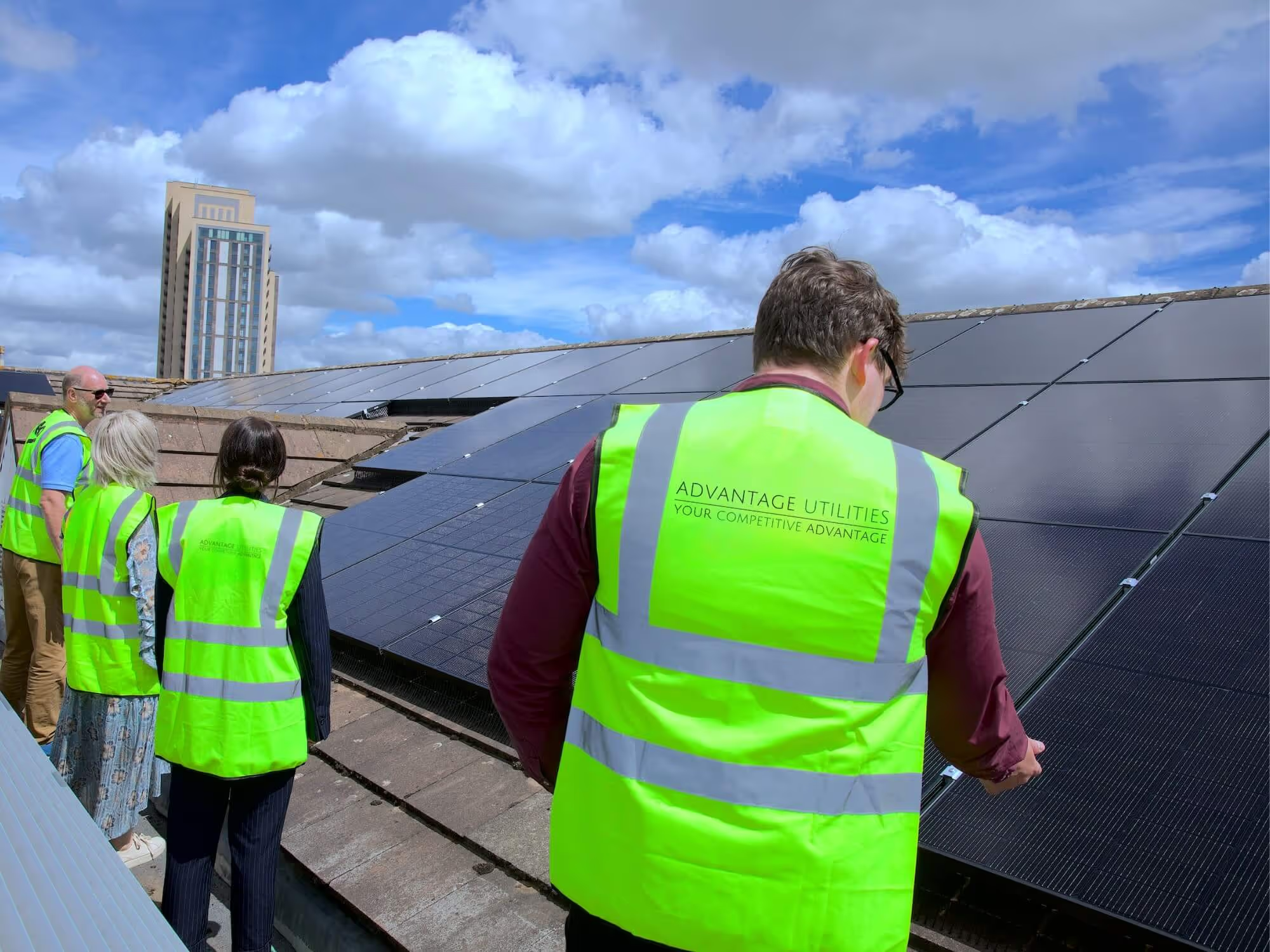
Conclusion:
Effective commercial energy procurement is a powerful tool for businesses looking to control costs, minimise risk, and achieve sustainability objectives. By adopting data-driven strategies and leveraging expert insights, you can transform energy procurement from a fixed expense into a competitive advantage.
Partner with Advantage Utilities today to access proven strategies that reduce costs and ensure a reliable energy future for your business.

Frequently Asked Questions
.avif)
We Assess
.avif)
We Optimise
.webp)
We Manage
The Process

The primary goal is to secure reliable, cost-effective, and sustainable energy while minimising exposure to market risks.
Button TextHow can a business save money through energy procurement?

By analysing usage data, securing favourable contracts, and exploring renewable or group-buying options, businesses can achieve significant savings.
Button TextIs renewable energy procurement more expensive?

Not necessarily. Many renewable options now offer competitive, or even lower, rates compared to traditional energy sources, particularly in long-term contracts.
Button TextDo small businesses benefit from energy procurement strategies?

Absolutely. Even small businesses can save money and gain stability by implementing structured procurement plans.
Button TextWhy should I hire an energy consultant or broker?

Experts provide market insights, negotiate better deals, and help align procurement strategies with your business’s specific needs.
Button Text
Speak With Us
We understand the complexities of navigating your energy, book in a time to speak with us below
Book A Consultation



